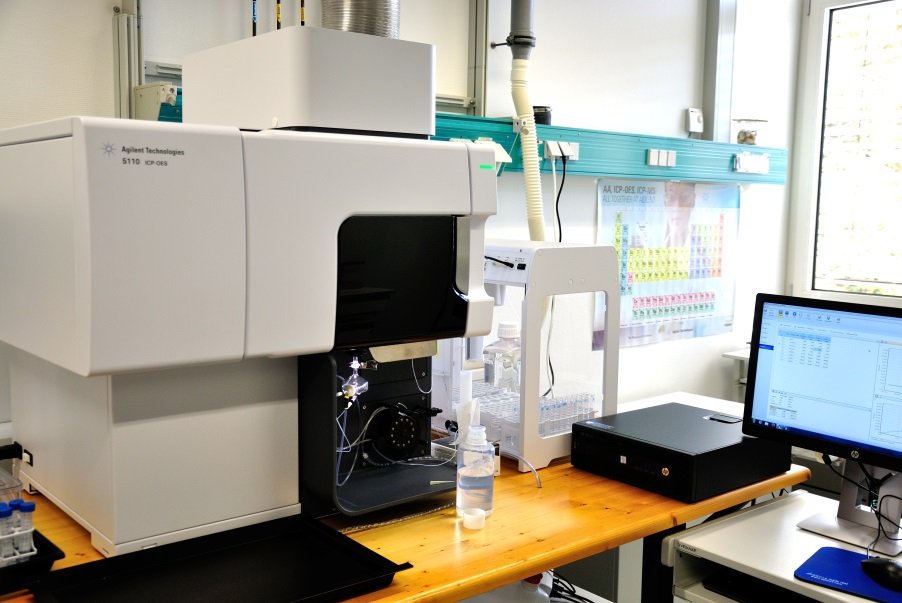

The quality of analysis depends more on the quality of the operator than that of the instrument, so this course will help laboratory staff to understand meaning of spectroscopy, and to be apple to make elemental analysis with high sensitivity by spectroscopy
The course creates for chemists, laboratory technicians, instrument engineers and supervisors who work in laboratory.
Day 1
Day 2
Inductively Coupled Plasma (ICP)
Day 3
Day 4
Day 5
RECTUS certificate will be issued to all attendees completing minimum of 75% of the total tuition hours of the WORKSHOP.
| Code | Date | Venue | Fees | Register |
|---|---|---|---|---|
| Lab106-02 | 19-04-2026 | Doha | USD 5450 | |
| Lab106-03 | 20-07-2026 | London | USD 6950 | |
| Lab106-04 | 19-10-2026 | Dubai | USD 5450 |
Providing services with a high quality that are satisfying the requirements
Appling the specifications and legalizations to ensure the quality of service.
Best utilization of resources for continually improving the business activities.
BTS keen to selects highly technical instructors based on professional field experience
Since BTS was established, it considered a training partner for world class oil & gas institution
1st floor, Incubator Building- Masdar City - Abu Dhabi - United Arab Emirates
Sun to Fri 09:00 AM to 06:00 PM
Contact Us anytime!
Request Info